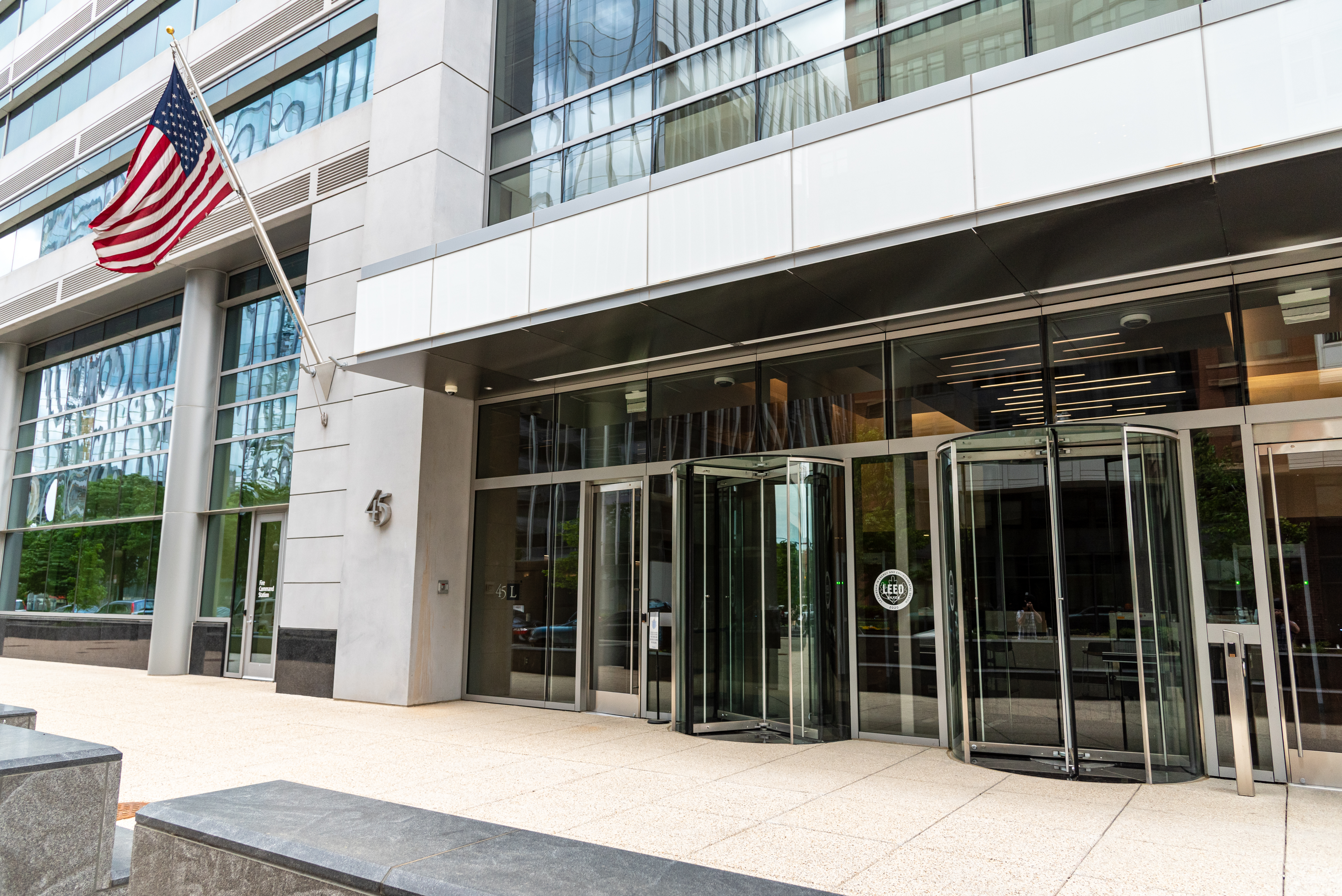NAB: Ownership Caps Have Created a ‘True Emergency for TV Broadcasters’
‘The record shows that the need for TV broadcasters to gain scale now has become an emergency,’ the group told the FCC

WASHINGTON—As dealmaking for broadcast stations heats up and station groups eye potential acquisitions, the National Association of Broadcasters has filed comments with the Federal Communications Commission saying, “It is It is time—indeed, past time—for the Commission to expeditiously eliminate the national cap to ensure a more level playing field that allows broadcasters to not only survive, but also to thrive.”
The filing was made following the regulator’s request for public comments on current ownership rules and comes at a time when broadcasters have high hopes that ownership caps will finally be repealed.
In the August 4 filing, the NAB repeated many familiar argues that broadcasters have been severely hurt by out-dated ownership caps put in place decades before the rise of digital media, streaming TV, Netflix, mass adoption of the Internet, social media and the enormous power that Google, Facebook and Amazon have over the advertising market.
“Originally adopted in 1941 and unchanged since 2004, the nearly 85-year-old national broadcast television ownership rule prevents all TV broadcasters—but no other video or advertising platforms—from even potentially reaching more than 39% of the total number of TV households in the nation,” the filing said. “No other medium faces even a remotely similar restriction, and its continued imposition unfairly and improperly skews the market in favor of streaming platforms and other national and international technology and media conglomerates (including distributors) to the detriment of viewers of free over-the-air (OTA) broadcast TV in communities throughout the nation.”
“The record shows that the need for TV broadcasters to gain scale now has become an emergency,” the NAB complained. “No rational basis exists for retaining a national restriction on any TV broadcasters in a marketplace where all broadcast television combined garners only 18.5% of total TV usage in the country, while unconstrained streaming platforms garner 46% (with YouTube alone receiving 12.8% of all TV usage). Giant digital advertising platforms, moreover, dominate the advertising marketplace—the foundation supporting free OTA broadcasting— to the detriment of TV stations, whose real (i.e., inflation adjusted) advertising revenues fell by nearly 43% from 2000-2024. Television station owners—each of whom are unfairly prevented from even trying to serve TV households and attract advertisers nationally—cannot hope to compete with streaming and tech platforms having (inter)national reach and with increasingly consolidated pay TV/broadband providers.”
The data-heavy filing, which cites scores of research studies and more than 20 articles from TV Tech, also lays out the legal authority for the FCC to abolish the national ownership cap.
“The revolution wrought by the internet and digital technologies has altered the media and advertising landscape beyond recognition. In this environment, an ownership rule imposed on only one market participant—broadcast TV—does not promote the public interest but hurts it,” the filing said. “The record shows no justification for retaining an ex ante limitation placed just on TV broadcasters in a market characterized by unprecedented competition and content diversity, overwhelming consumer choice, and abundant options for advertisers. On the contrary, the record demonstrates that repealing the national ownership TV rule is not merely important or urgent but is a true emergency for TV broadcasters’ competitive viability."
The professional video industry's #1 source for news, trends and product and tech information. Sign up below.
The full filing is available here.
Other filings on the topic can be found here.
George Winslow is the senior content producer for TV Tech. He has written about the television, media and technology industries for nearly 30 years for such publications as Broadcasting & Cable, Multichannel News and TV Tech. Over the years, he has edited a number of magazines, including Multichannel News International and World Screen, and moderated panels at such major industry events as NAB and MIP TV. He has published two books and dozens of encyclopedia articles on such subjects as the media, New York City history and economics.

